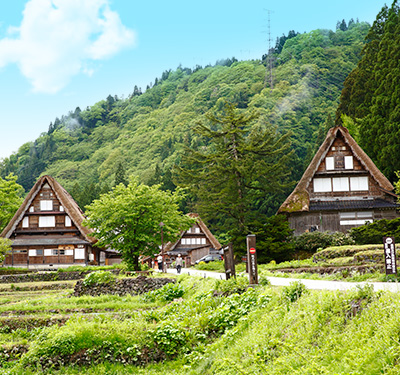
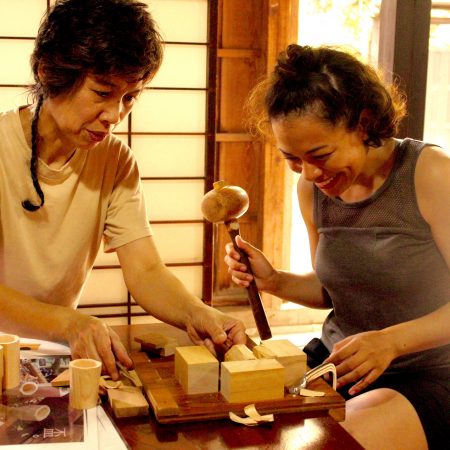
8:20 AM Kanazawa Station
▼Nanto-Kanazawa Bus
9:21 AM Johana Station
▼15 min by foot
Ⅰ.Johana Hikiyama Museum (40 min)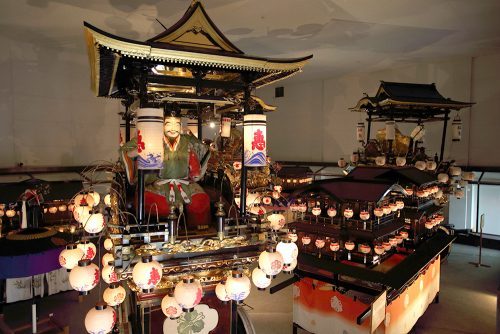
At the Hikiyama Museum, you can see the actual iori-yatai (a float with people singing in it) and hikiyama floats used in the festival whenever you visit. There is also video of the festival always playing to give visitors an idea of what it is like to attend. Click Here For More Info!
▼
10:32 AM Johana Hikiyama Museum
▼World Heritage Bus
10:53 AM Ainokura-guchi or 11:08 AM Suganuma
▼
Ⅱ.Gokayama Gassho-style Village(70 to 110 min)
●The Ainokura Gassho-style Village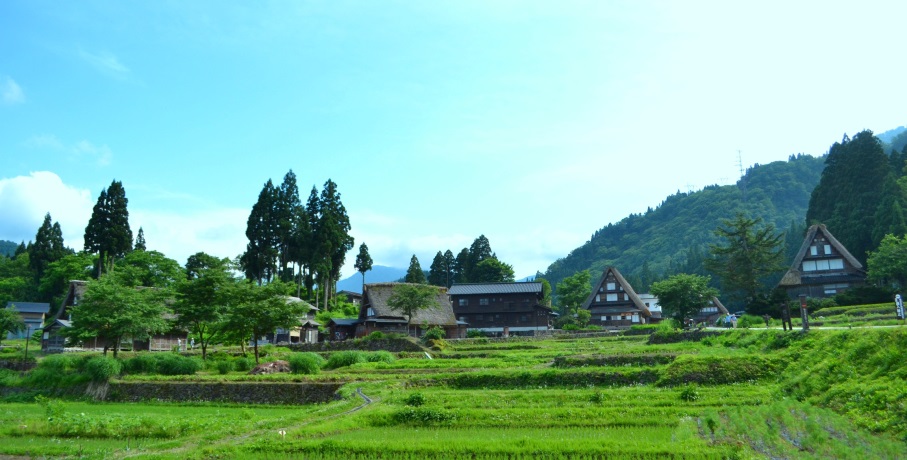
Ainokura is a village steeped in the history of the region with its various gassho-style houses, including a primitive house and thatched roof temple among other sights. At the same time, people still live here on a daily basis, making it a rare “Living World Heritage.” Click Here For More Info!
●The Suganuma Gassho-style village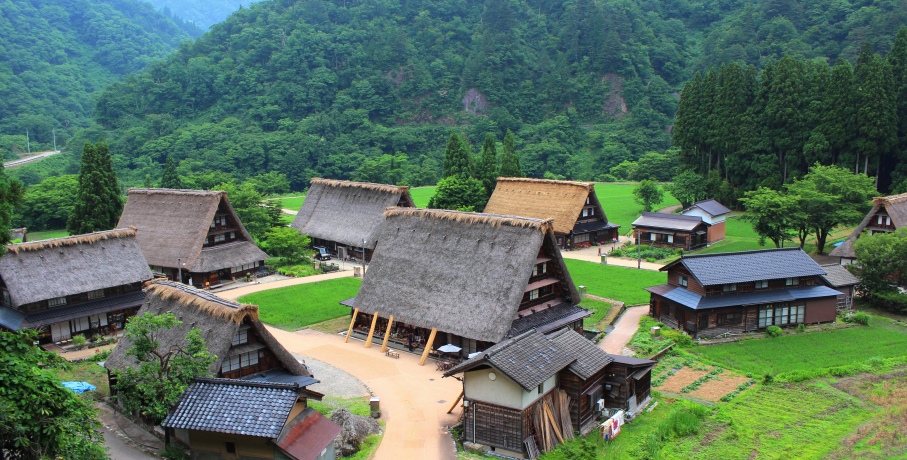
Suganuma is a beautiful and quiet village of gassho-style thatced roof houses that was built between the end of the Edo period and the start of the Meiji period. Here, one can see beautiful scenery unique to each season. Click Here For More Info!
▼
12:30 PM Ainokura or 12:16 PM Suganuma
▼World Heritage Bus
1:00 PM Johana Sta. Bus Stop
1:11 PM Johana Sta. Bus Stop
▼Nanto-Kanazawa Line Bus
1:29 PM Zuisenji-guchi Kotsu hiroba Bus Stop
▼
Ⅲ.Sake Cup Woodcarving (60 min)
This is a workshop where you can, under the direction of a skilled artisan, try out the woodcarving of Inami, Japan’s foremost woodcarving town. You will use full-fledged woodcarving tools to make your very own wooden sake cup by hand. After carving your cup, you can take it to the Wakakoma Sake House for a tasting. Our woodcarving experience is great for all skill levels, so feel free to come on by! Click Here For More Info!
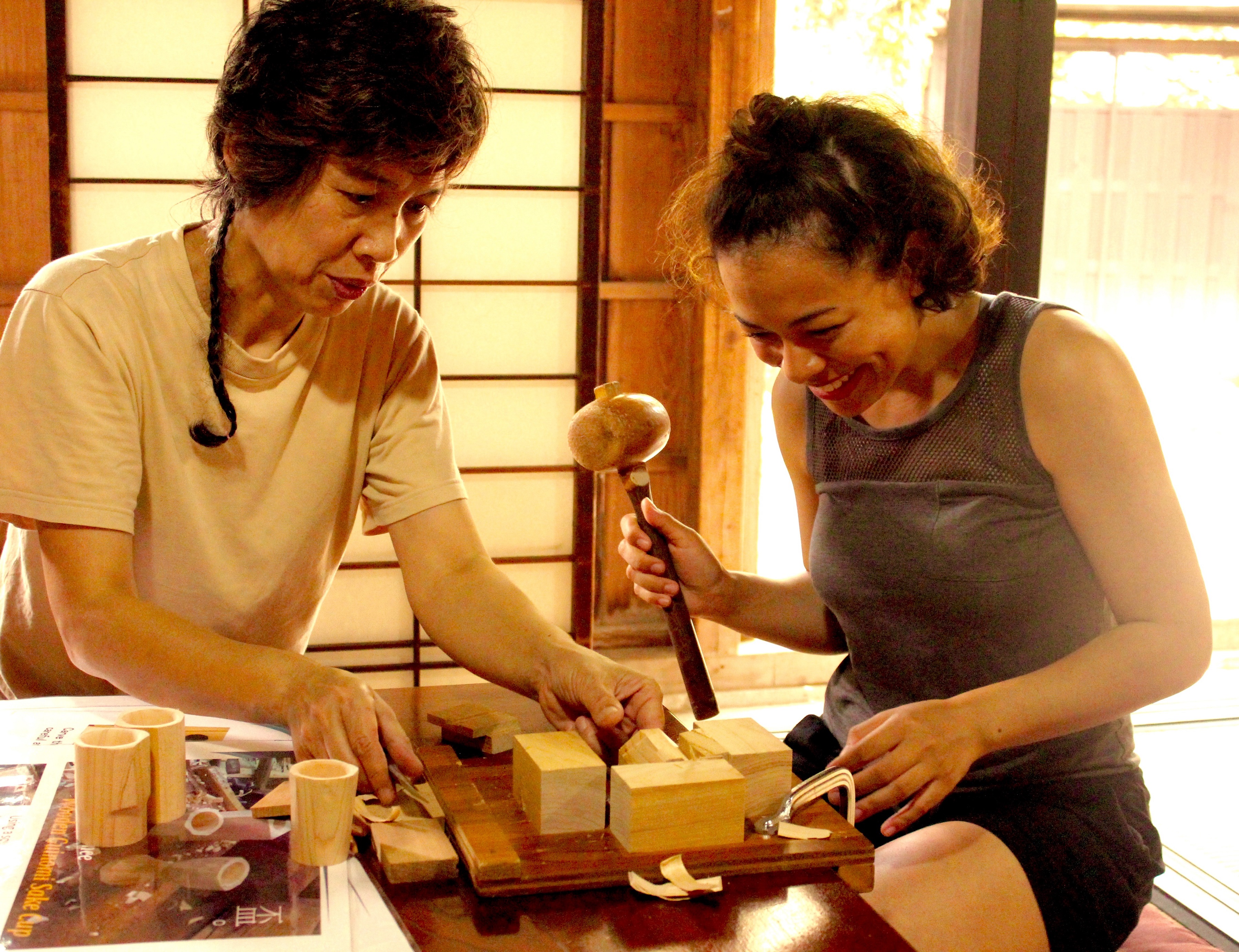
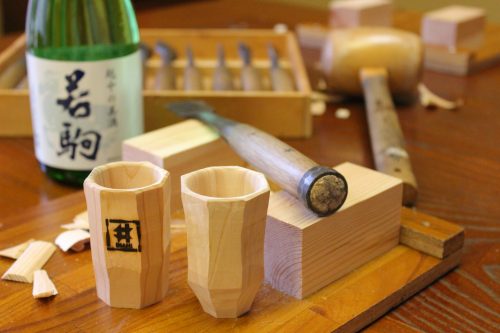
▼
4:40 PM Zuisenji-guchi Kotsu Hiroba Bus Stop
▼Nanto-Kanazawa Line Bus
5:45 PM Kanazawa Station